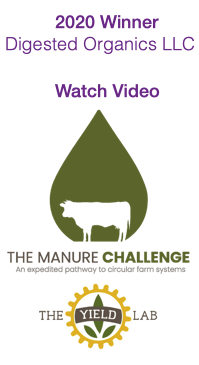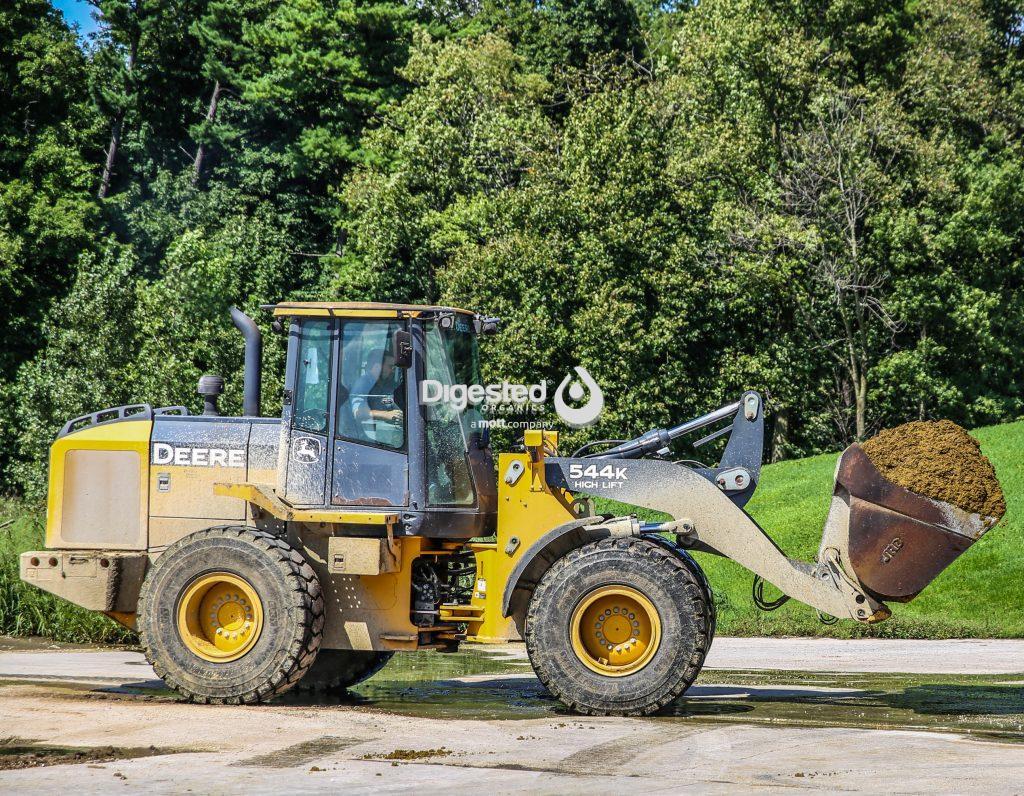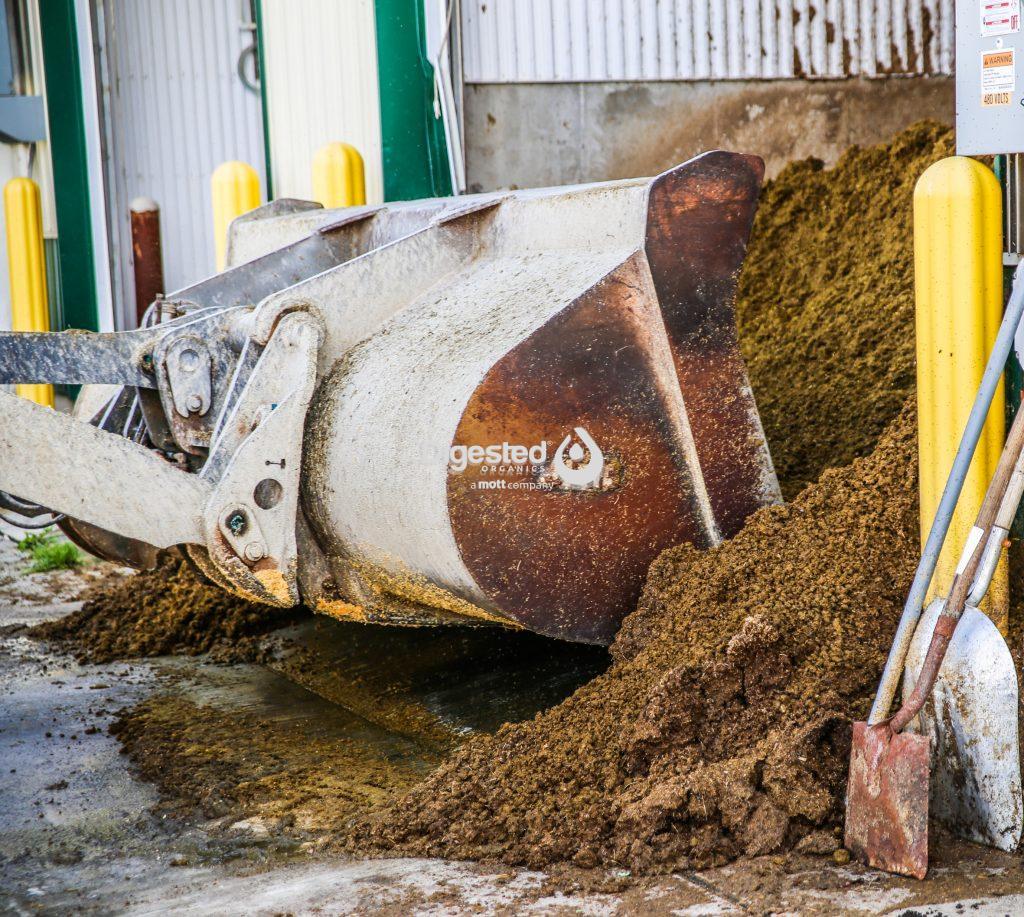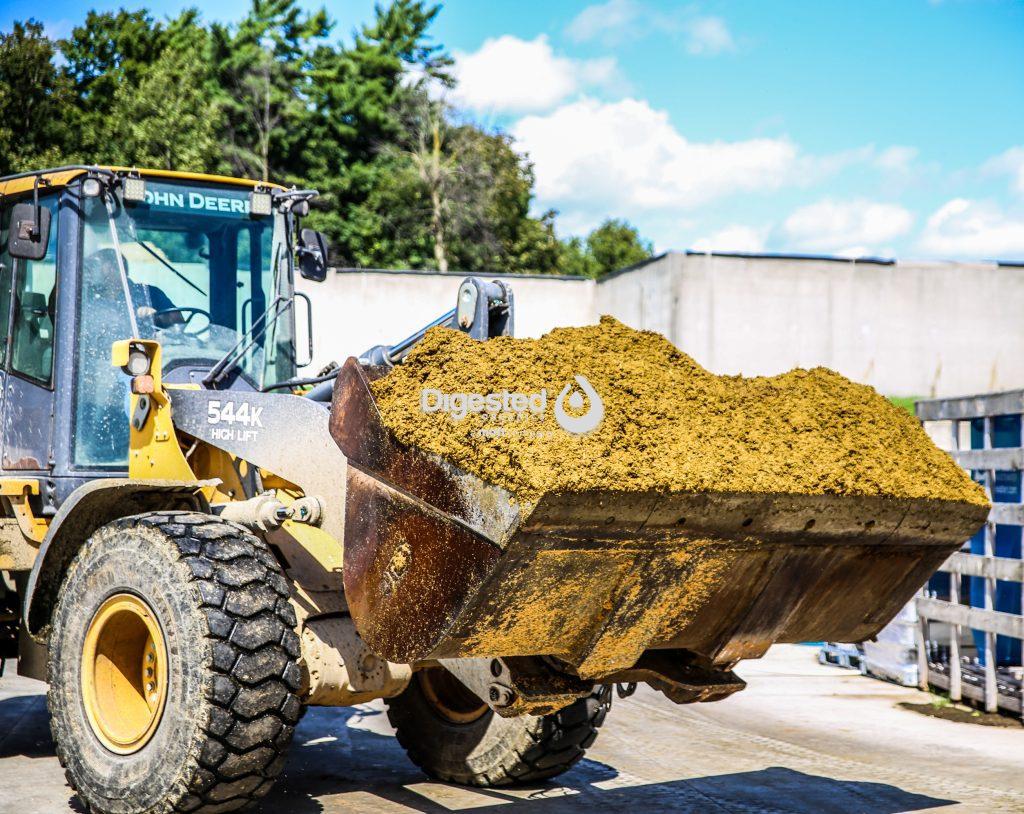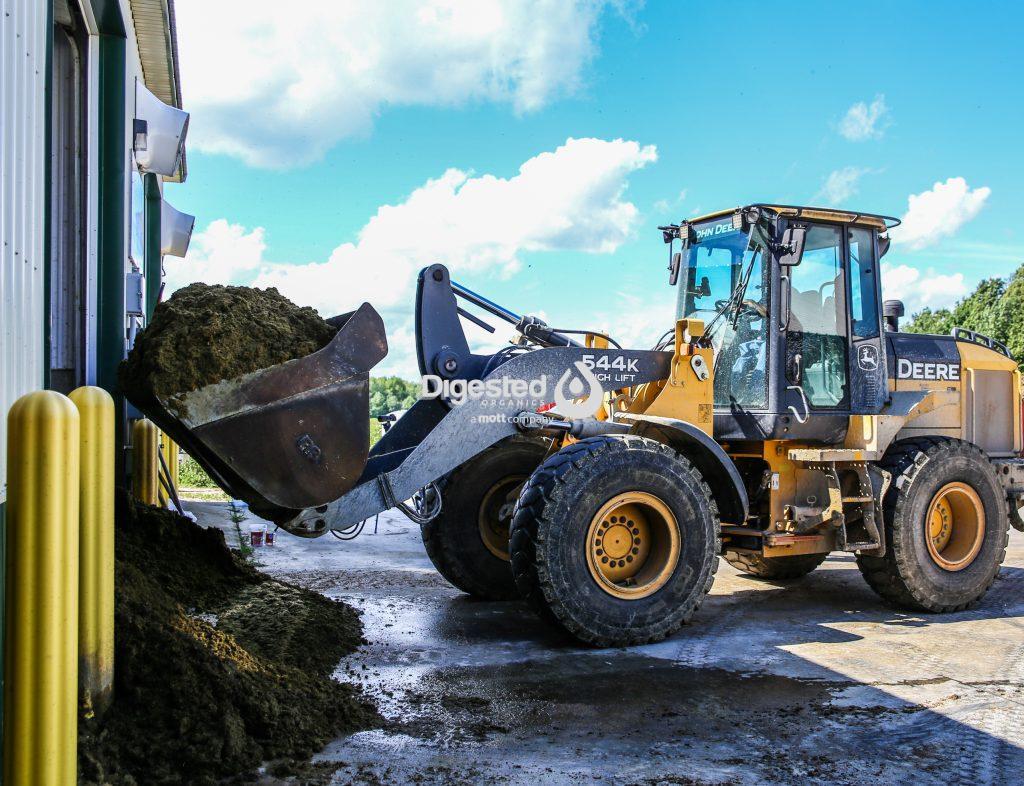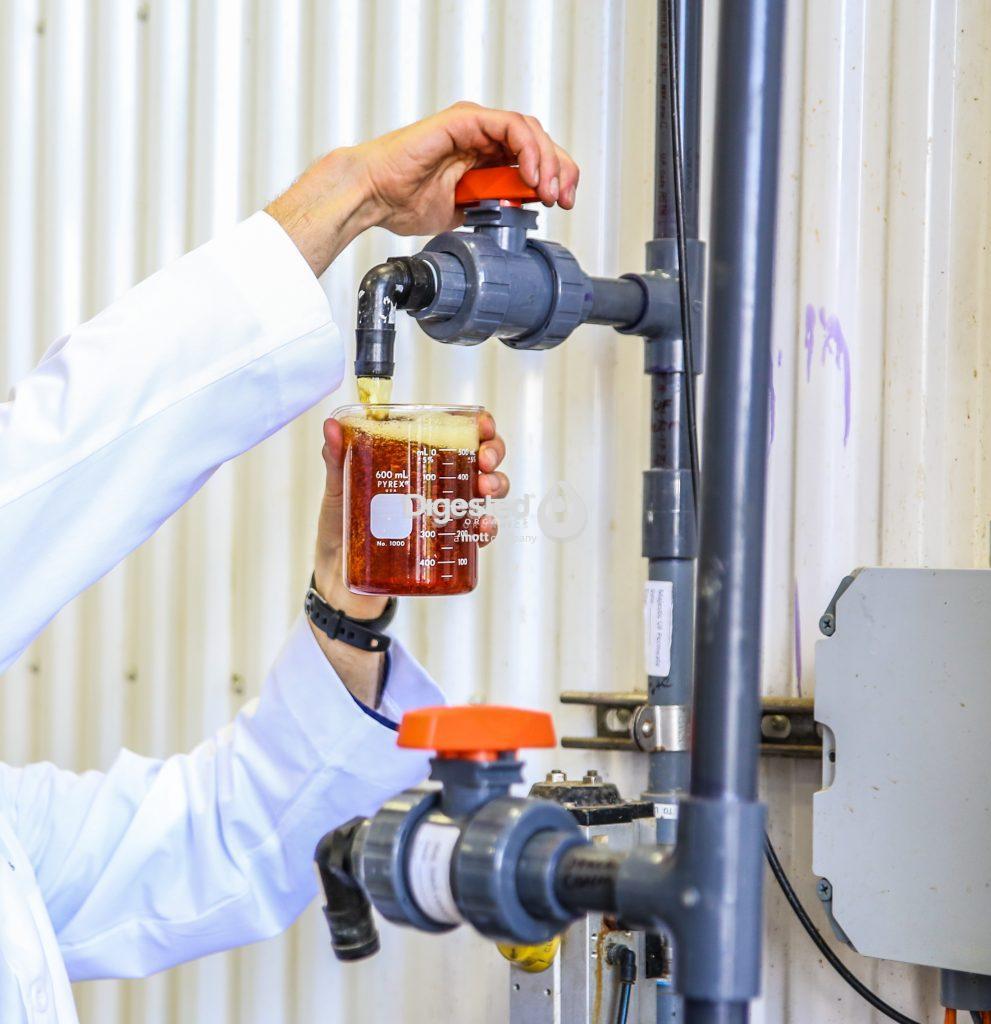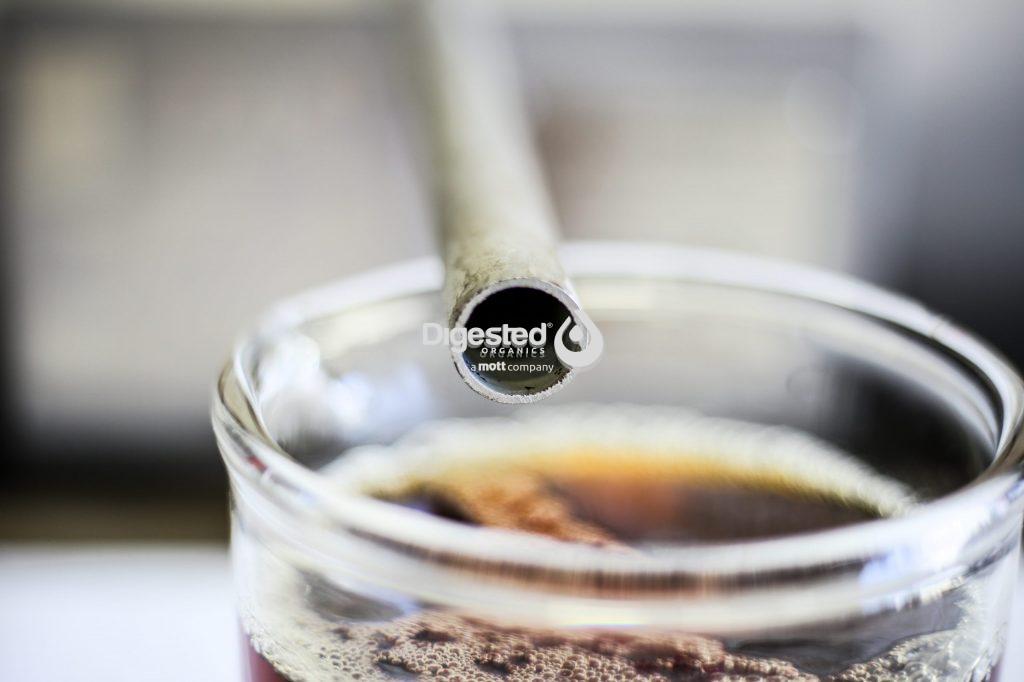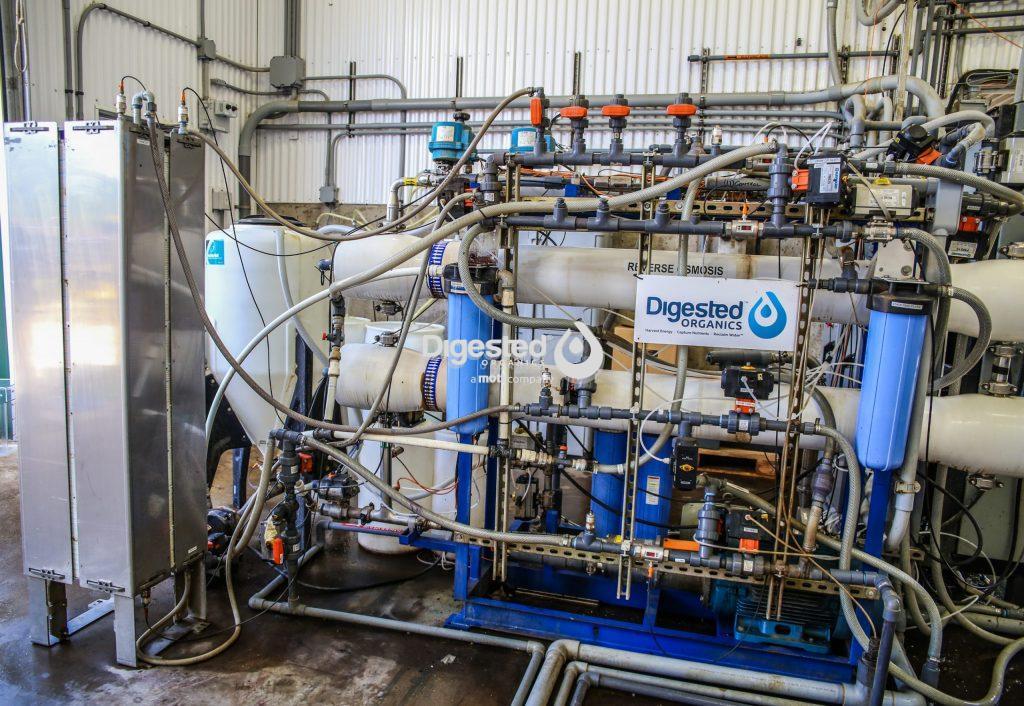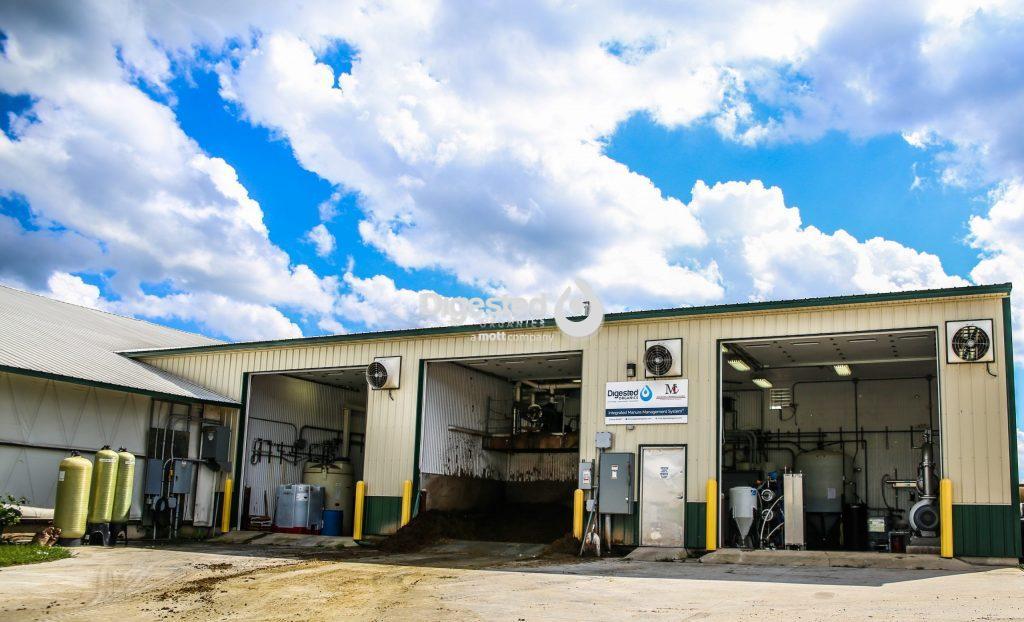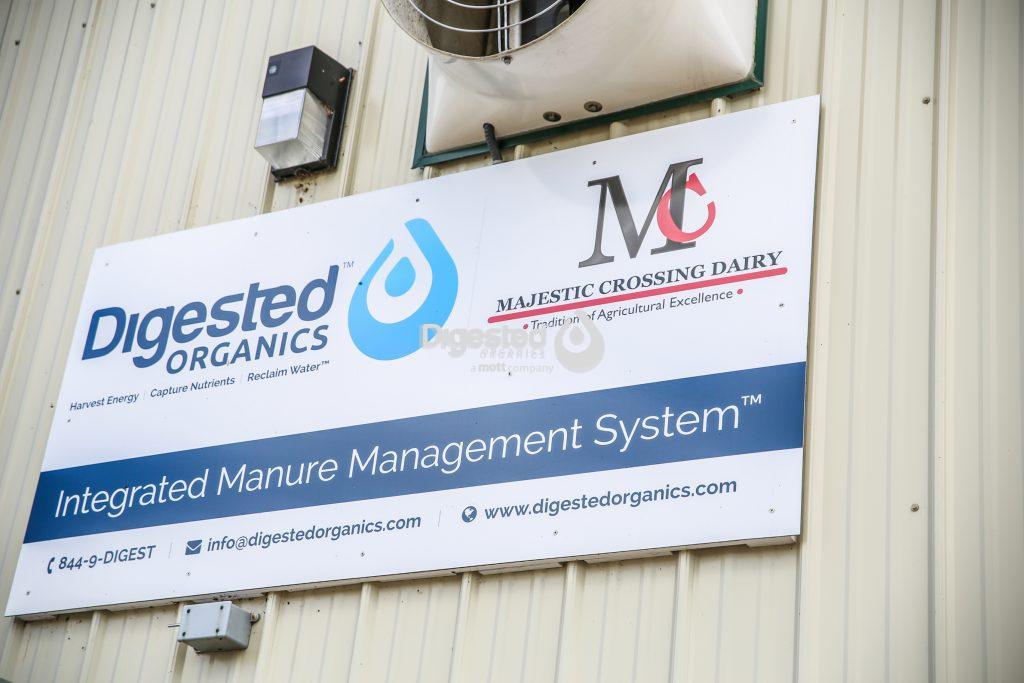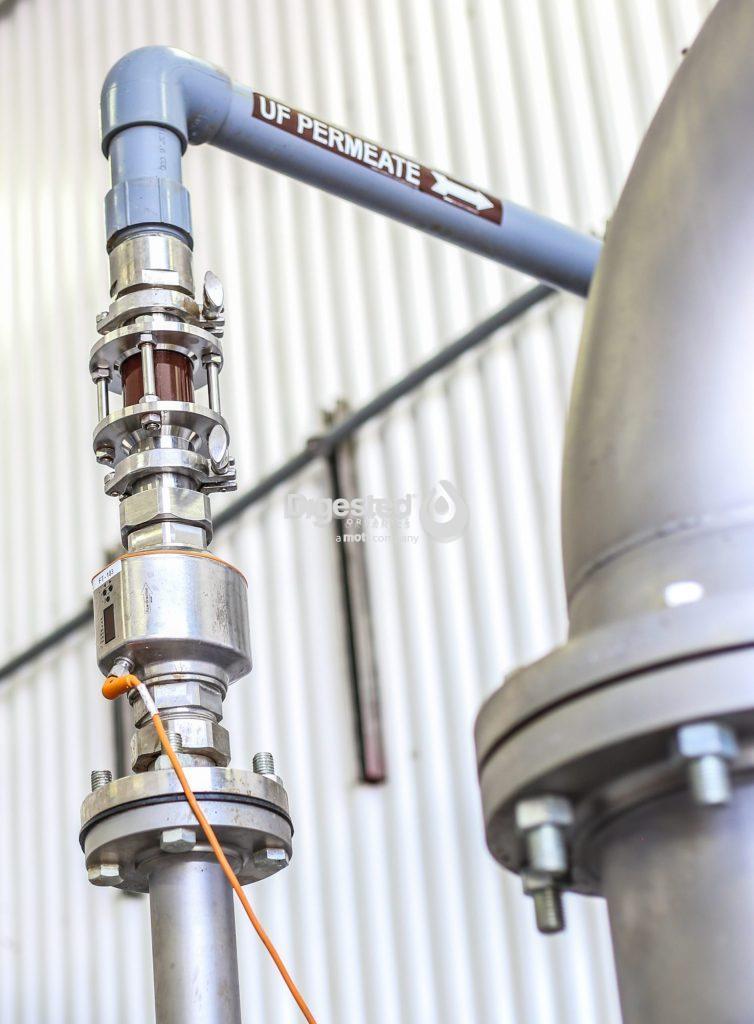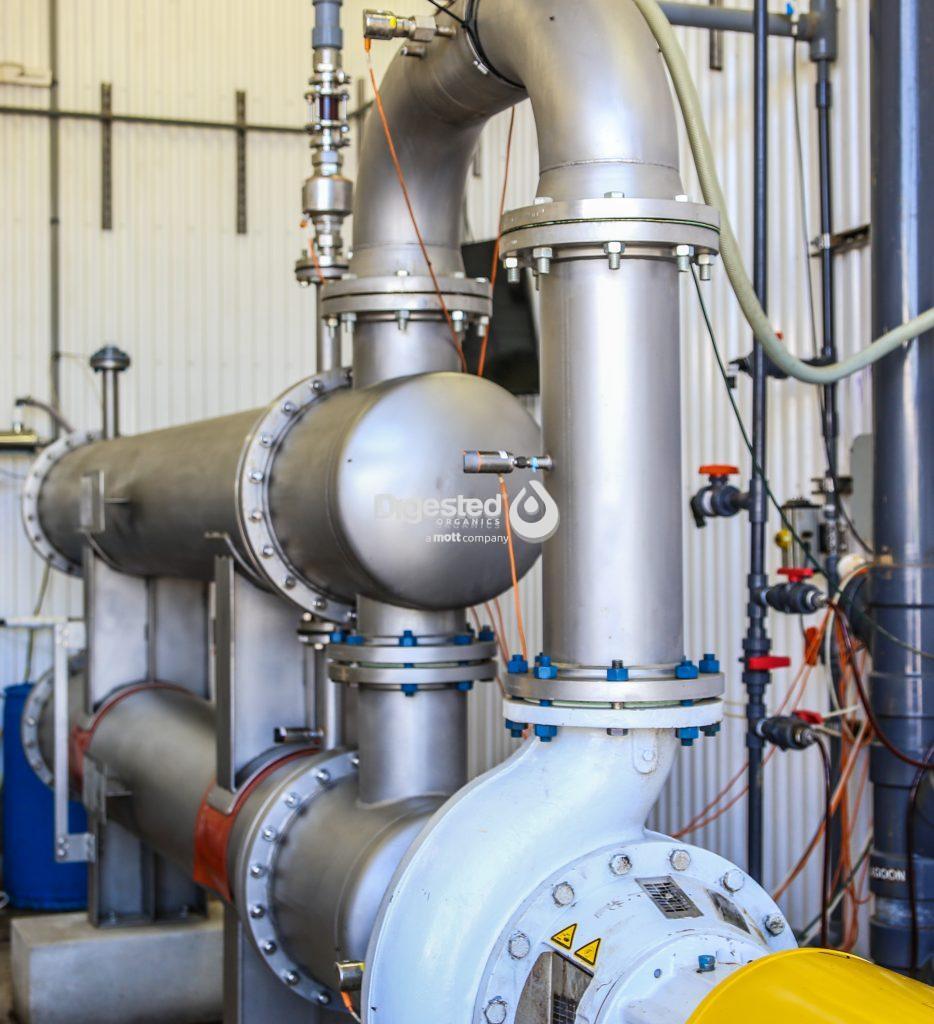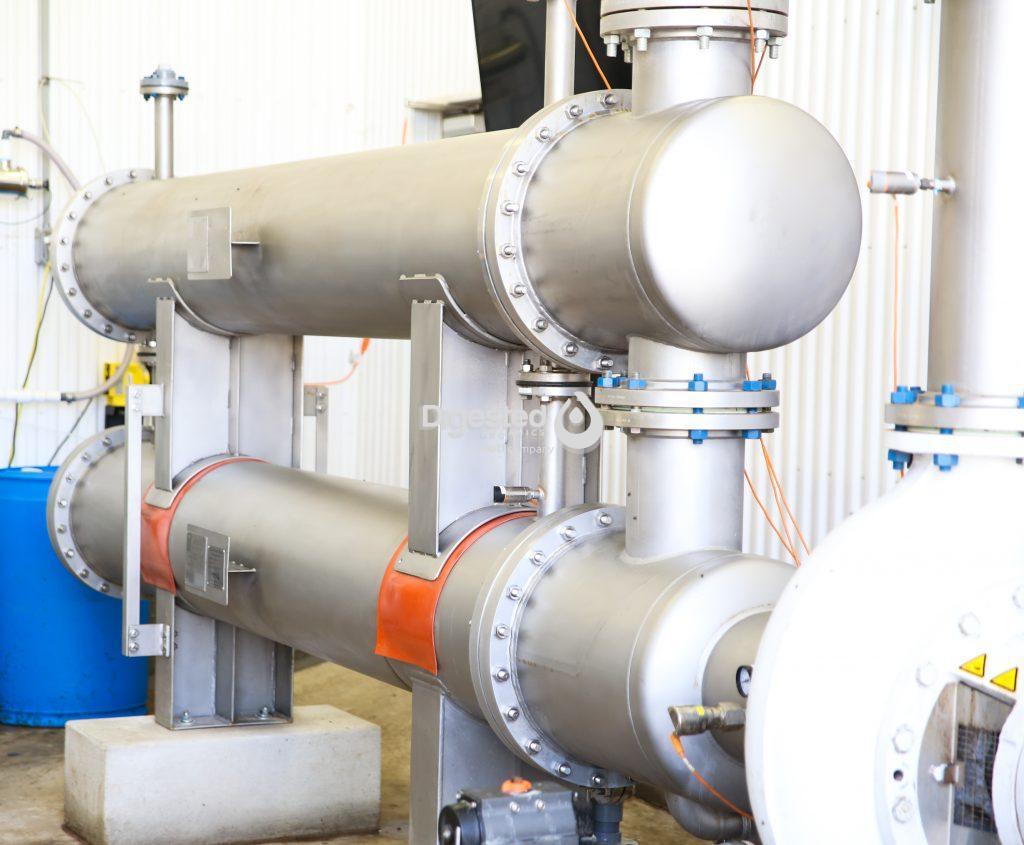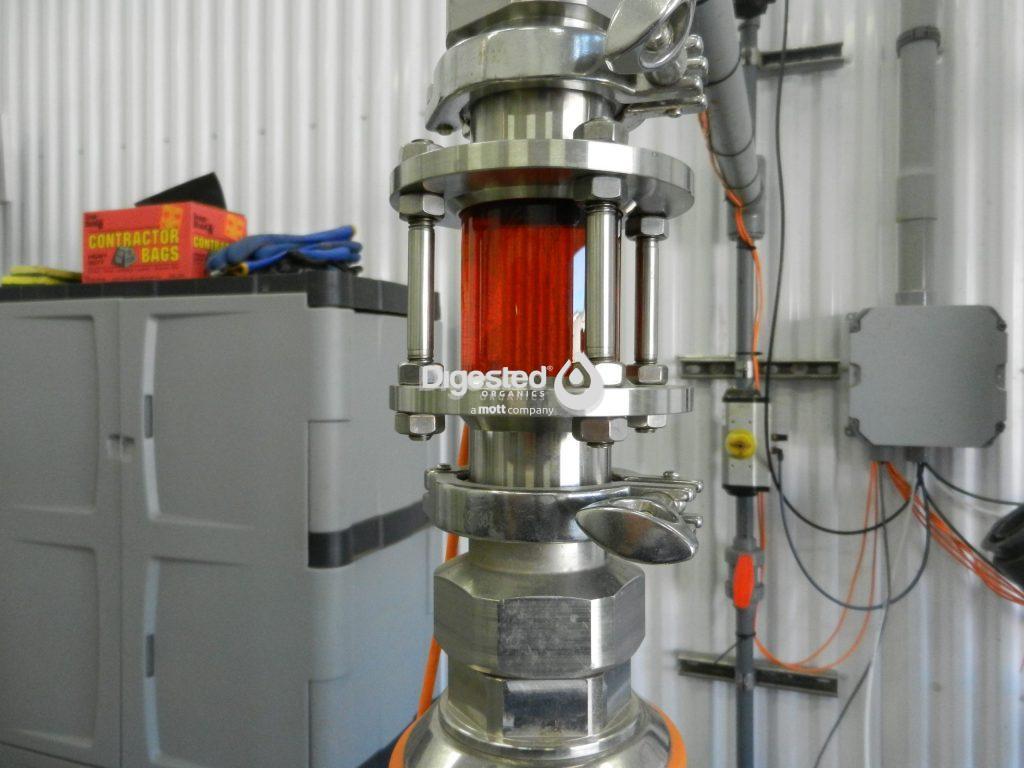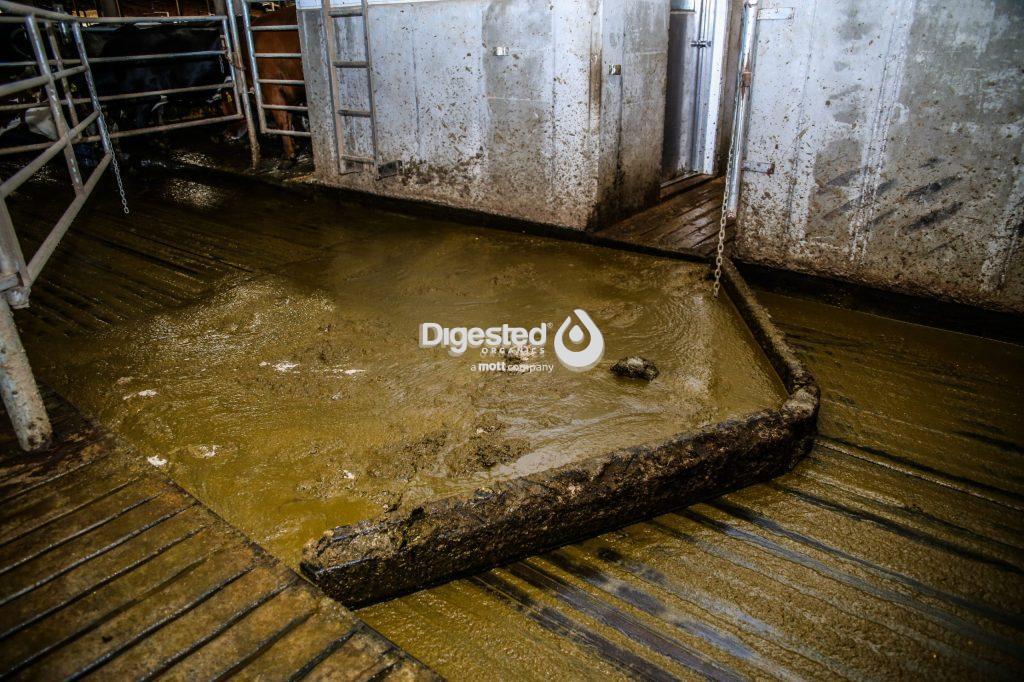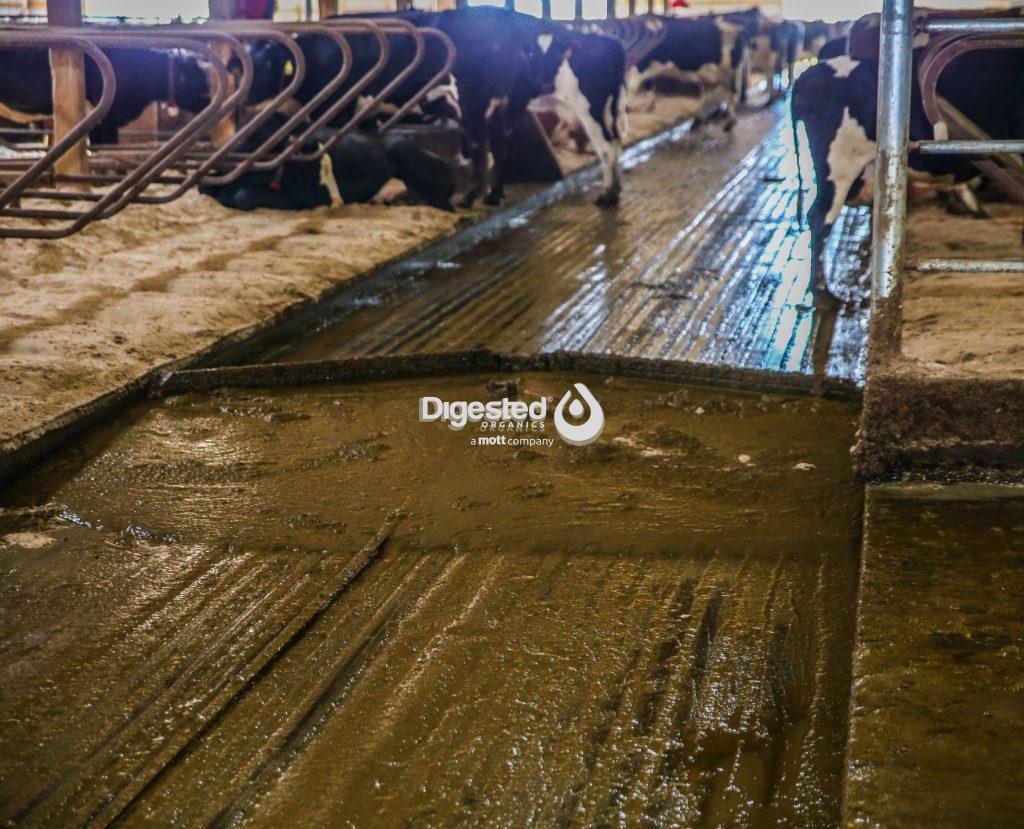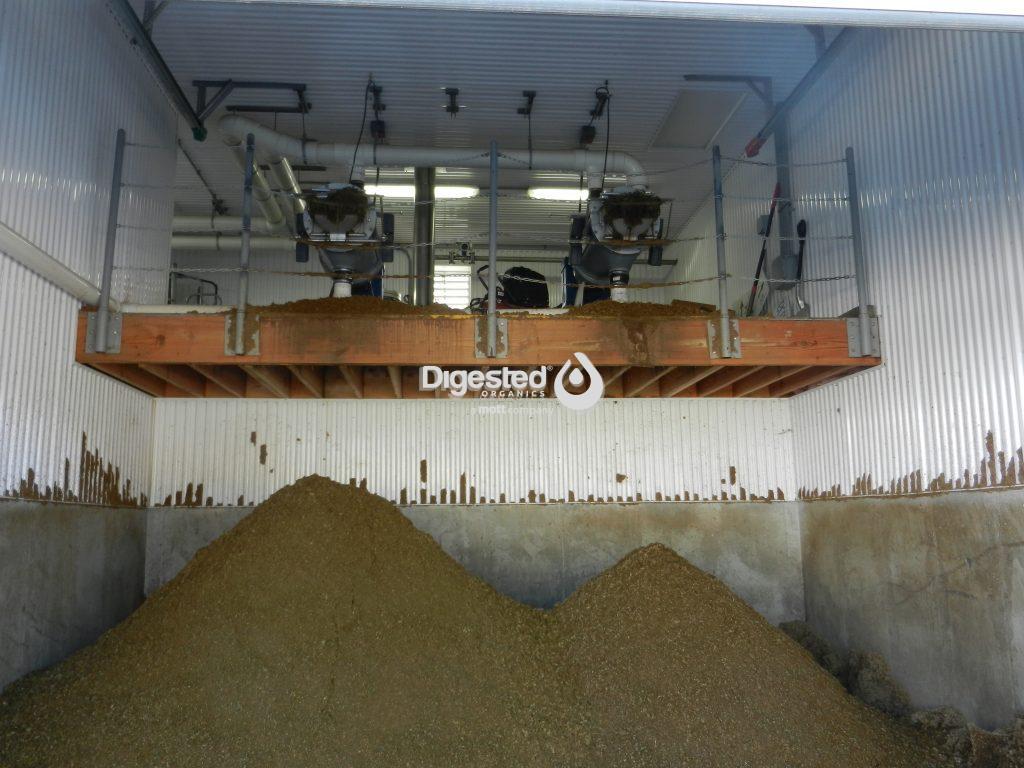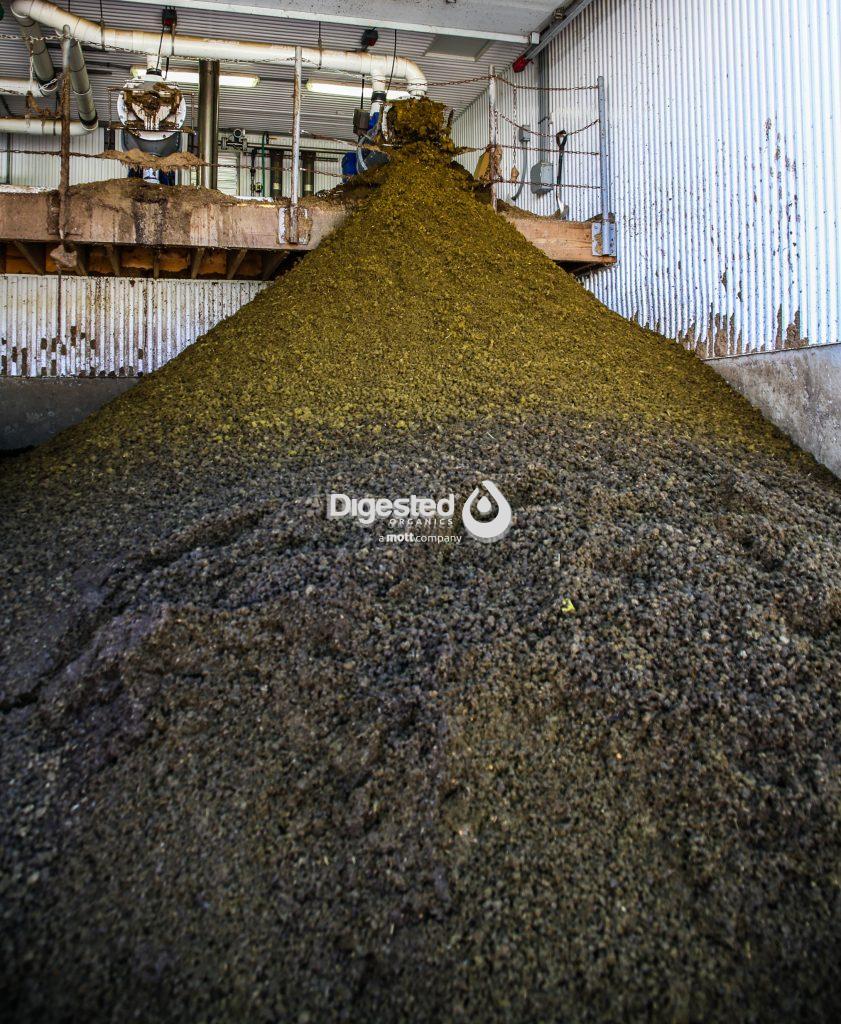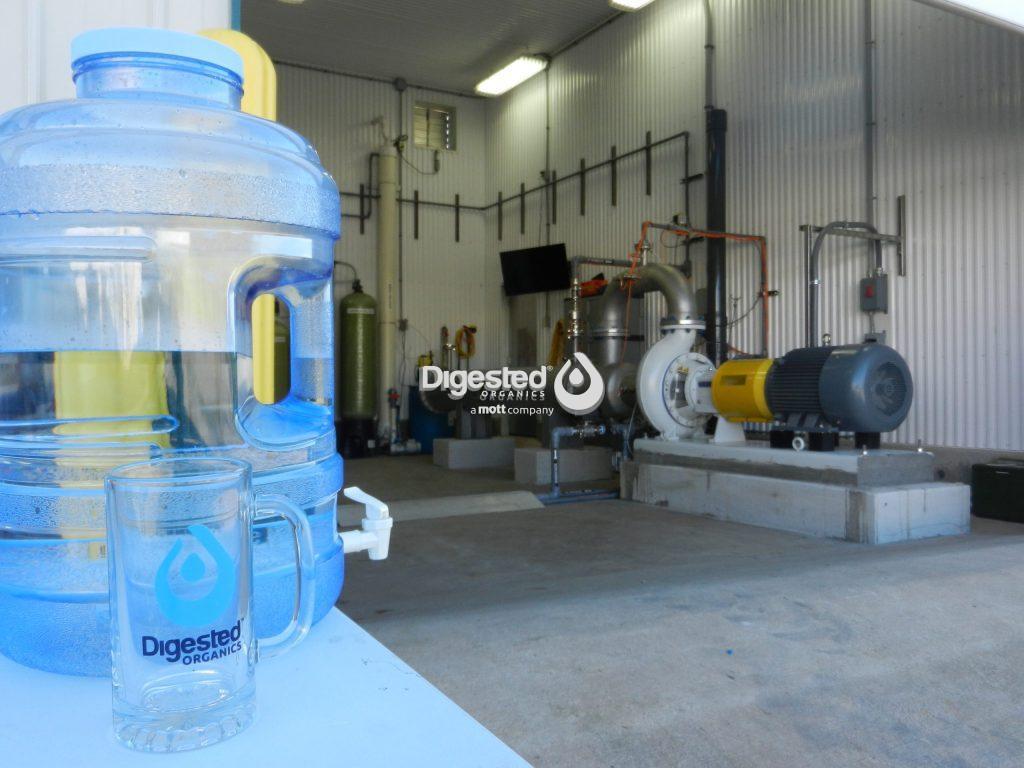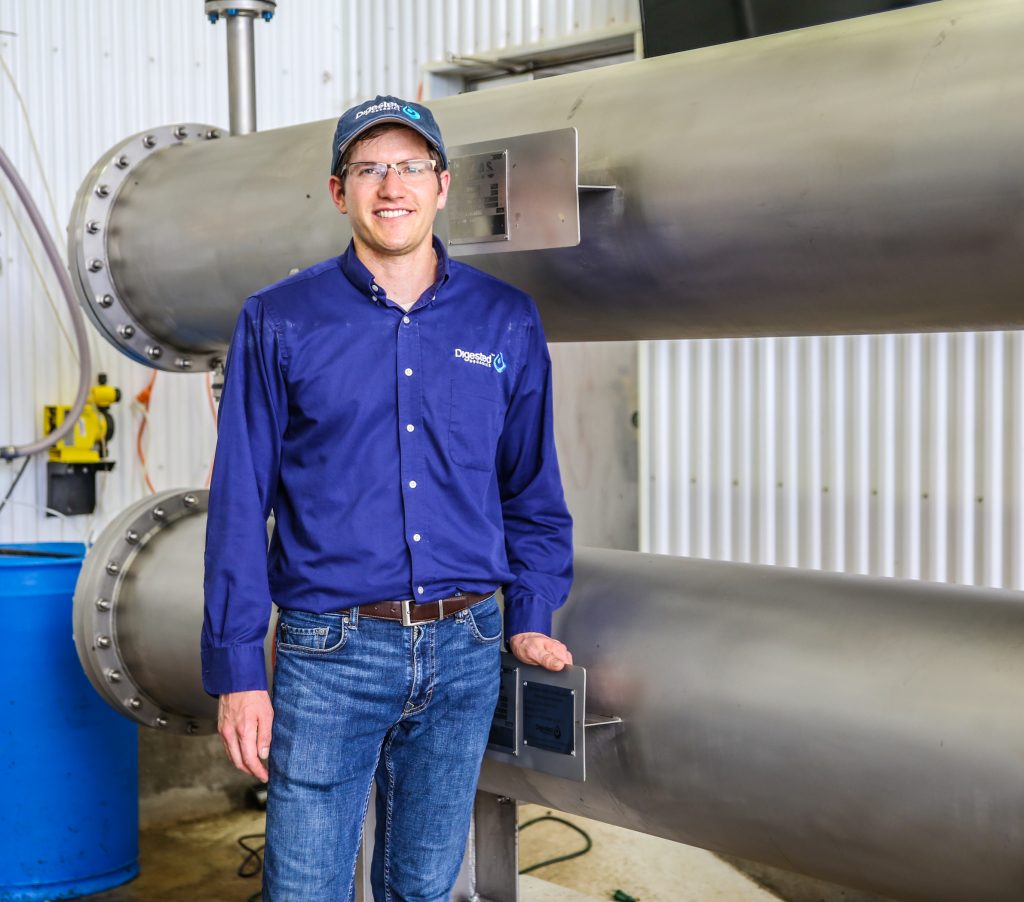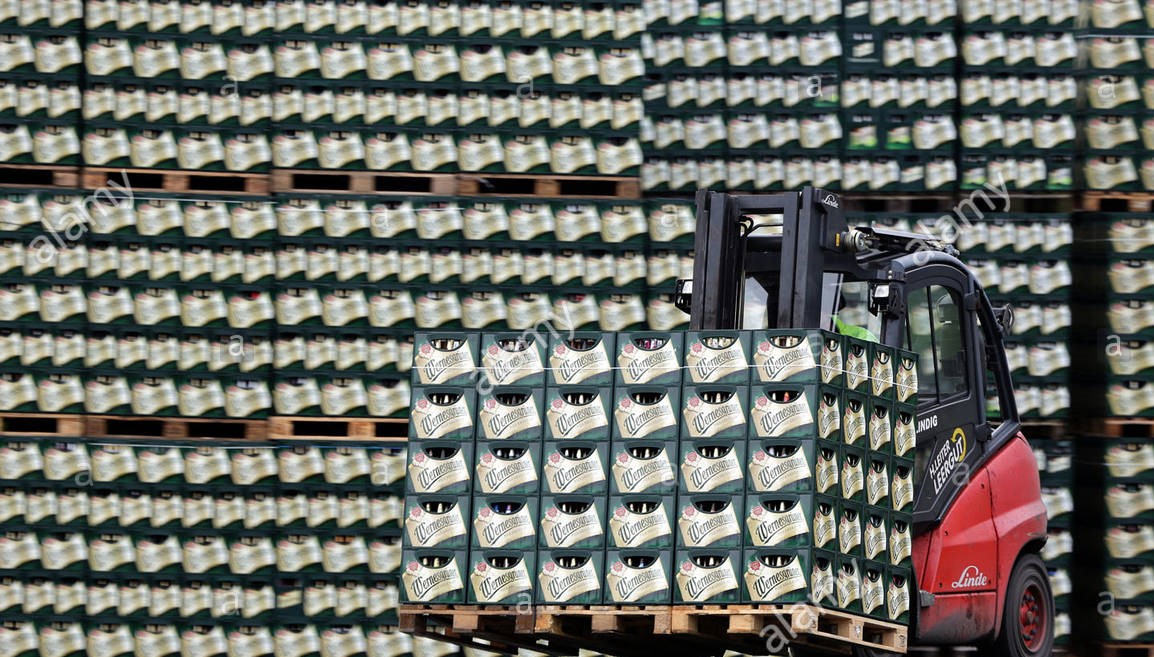
In the face of unprecedented challenges brought on by the COVID-19 pandemic, industries across the globe have been forced to innovate and adapt. Among these, the brewing industry has faced a unique dilemma: the collapse of on-premise consumption has led to an oversupply of beer, much of which is at risk of going stale. This situation not only represents a financial loss for breweries but also poses environmental concerns associated with the disposal of this surplus. However, within this crisis lies an opportunity for sustainability and innovation, particularly through the conversion of stale beer into valuable resources.
The Stale Beer Dilemma
The pandemic has drastically reduced the avenues for beer consumption, leaving breweries with significant volumes of unsold beer. The traditional approach to managing this surplus—disposal—carries both financial and environmental costs. Disposing of stale beer not only requires paying for waste management services but also contributes to water wastage and increases the industry’s carbon footprint.
Creative Solutions Emerge
Distilleries Join the Rescue
In an inspiring response to this challenge, some distilleries have begun repurposing stale beer into an unlikely product: whiskey. In Vermont, WhistlePig distillery has emerged as a leader in this innovative practice, accepting around 6,500 gallons of stale beer daily to use as fermented grain, the foundational element of whiskey. This initiative provides a dual benefit: it assists breweries in offloading their stale beer without the financial burden of disposal fees and contributes to the production of another beloved beverage.
The Role of Digested Organics
Digested Organics introduces a complementary solution with its Ultrafiltration technology. This process filters stale beer to recover clean water and valuable co-products, offering a sustainable alternative to disposal. The recovered clean water can be reused within the brewery’s operations or returned to the environment, significantly reducing the waste generated by the brewing process. Meanwhile, the concentrated co-products hold potential for further use, presenting new opportunities for breweries to minimize waste and explore new revenue streams.
The Science of Ultrafiltration
Ultrafiltration is a sophisticated process that separates components based on molecular size through a semipermeable membrane. When applied to stale beer, this technology effectively separates clean water from the beer’s other components, such as sugars, yeast, and hop particles. The clean water extracted through this process meets the standards for reuse, offering breweries a way to conserve a precious resource. The remaining concentrated co-products, rich in nutrients and organic matter, can find new life in various applications, from agriculture to energy production.
Environmental Impacts and Benefits
The environmental benefits of recycling stale beer through Ultrafiltration are manifold. First and foremost, it drastically reduces the volume of liquid waste that needs to be processed or disposed of, lessening the strain on wastewater treatment facilities and minimizing the brewery’s environmental impact. Additionally, by reclaiming clean water, breweries can decrease their water consumption, a critical consideration in regions facing water scarcity. The sustainable management of brewery waste through Ultrafiltration also aligns with broader environmental goals, such as reducing greenhouse gas emissions and supporting circular economy principles.
Economic Advantages for Breweries
Ultrafiltration offers tangible economic advantages for breweries. Avoiding disposal fees for large volumes of stale beer can result in significant cost savings. Moreover, the generation of value-added co-products opens up new avenues for revenue. Whether these are sold as agricultural inputs, such as fertilizer, or used to generate energy through biogas production, the potential financial returns are an attractive prospect for breweries looking to improve their bottom line while contributing positively to the environment.
Future Prospects
Innovations in Brewery Waste Management
The sustainable management of brewery waste, particularly stale beer, is an area ripe for innovation. Continuous advancements in Ultrafiltration technology and other waste treatment methods promise to enhance efficiency, reduce costs, and expand the range of possible co-products. As the technology evolves, it may offer solutions to other challenges within the brewing process, further embedding sustainability into the industry’s core practices.
Expanding the Sustainable Brewing Movement
The initiatives by distilleries and the solutions provided by companies like Digested Organics represent just the beginning of a broader movement towards sustainability in the brewing industry. As consumer awareness of environmental issues grows, so does the demand for sustainably produced beverages. Breweries that adopt and champion sustainable practices not only contribute to the well-being of the planet but also position themselves favorably in a competitive market where consumers increasingly value environmental responsibility.
How to Get Involved
For breweries interested in exploring Ultrafiltration and other sustainable waste management solutions, the first step is to reach out to experts in the field. Companies like Digested Organics offer consultations and can tailor their technologies to meet the specific needs of a brewery, ensuring that solutions are both effective and economically viable.
The Final Pour: Brewing a Greener Tomorrow
The challenge of managing stale beer in the wake of the COVID-19 pandemic has spurred innovation and collaboration within the brewing industry. By turning a potential waste problem into an opportunity for sustainability, breweries, distilleries, and technology providers like Digested Organics are leading the way towards a greener future. As the industry continues to evolve, the commitment to sustainable practices will not only mitigate environmental impacts but also offer economic benefits, demonstrating that environmental stewardship and business success can go hand in hand.
Are you ready to join the movement towards sustainable brewing? Contact Digested Organics today to learn how our solutions can transform your stale beer challenge into an opportunity for innovation and sustainability. Together, we can craft not only exceptional beverages but also a healthier planet for future generations. Don’t let another drop go to waste—let’s work together to make every sip a step towards a greener, more sustainable future.


